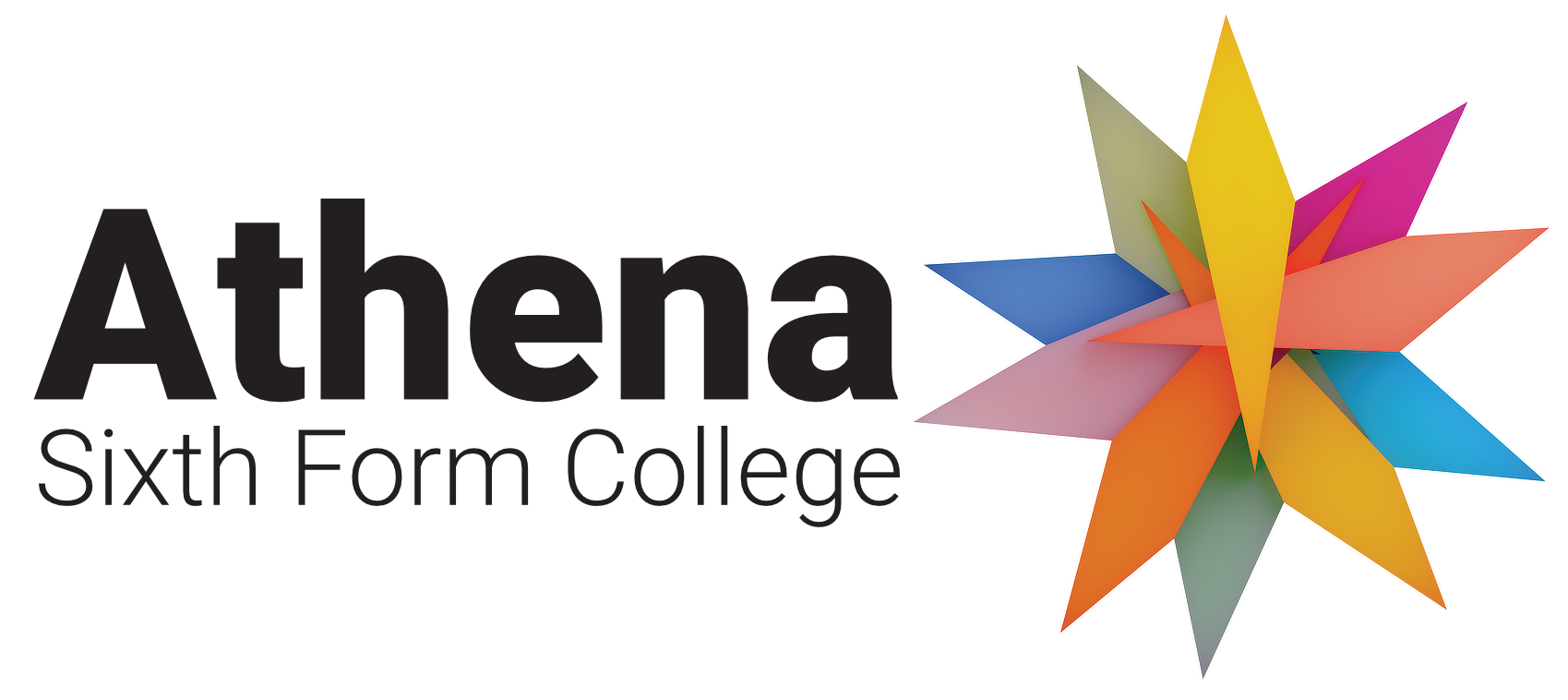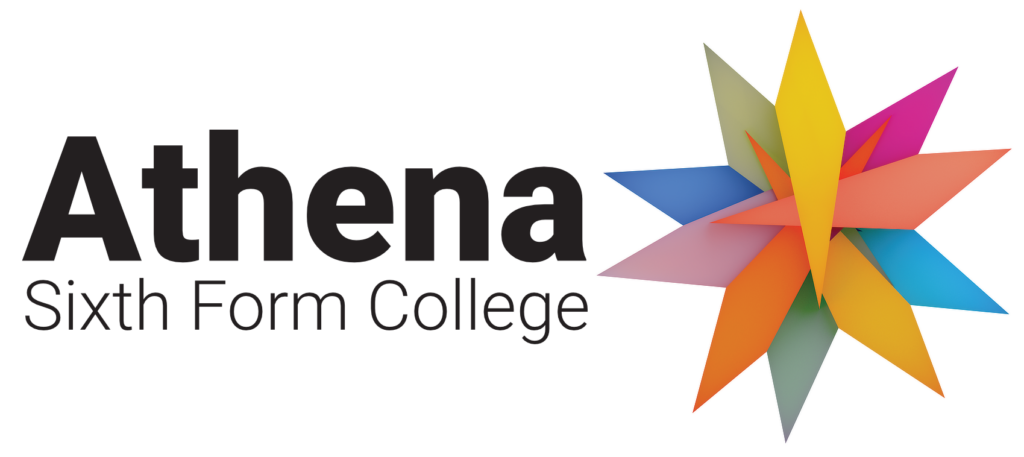Why Study?
Studying A-level Physical Education (PE) will give you a fantastic insight into the amazing world of sports performance. Not only will you have the chance to perform or coach a sport through the non-exam assessment component, you will also develop a wide-ranging knowledge into the how and why of physical activity and sport. The combination of physical performance and academic challenge provides an exciting opportunity for students. You can perform, and then through academic study improve your performance or coaching through application of the theory.
Physical Education is studied through a range of different contexts and the impact it has on everyday lives. You will learn the reasons why we do things, why some people out-perform others, mentally and physically. You will also delve into the ethical considerations behind the use of drugs and also the influence that modern technology is having in and on physical activity and sport.
What can I do with it?
A-level Physical Education can open up a range of possibilities for further education and career opportunities including: sports development, sports coaching, physiotherapy, personal training or becoming one of the next generation of PE teachers. The transferable skills you learn through your study of Physical Education, such as decision making and independent thinking, are useful in any career path you choose to take.
Subject combinations
PE compliments any subject but it has particular relevance to: Physics, Biology, History, Psychology, Sociology, and Health and Social Care.
Extras
As an A-level PE student we provide leadership opportunities by supporting Key Stage 3 and Key Stage 4 students with their development in their lessons, in addition supporting with extracurricular activities that we offer in and out of school.
Potential opportunity to visit University Sport Science facilities to support learning with A-level studies. This will also help to gain an insight into further education within a sporting context.
What will I study?
The course is assessed by four different components:
Physiological Factors Affecting Performance: This will include learning about applied anatomy and physiology, exercise physiology and biomechanics. This is worth 30% of the total grade and will be a 2-hour written paper.
Psychological Factors Affecting Performance: This will include learning about skill acquisition and sport psychology. This is worth 20% of the total grade and will be a 1-hour written paper.
Socio-Cultural Issues in Physical Activity and Sport: This will include learning about sport and society and contemporary issues in sport, such as technology and drugs. This is worth 20% of the total grade and will be a 1-hour written paper.
Performance in Physical Education: This includes being assessed in one practical activity which must be participated in outside of school, and an evaluation and analysis of your performance which is written coursework. This is worth 30% of the total grade.

